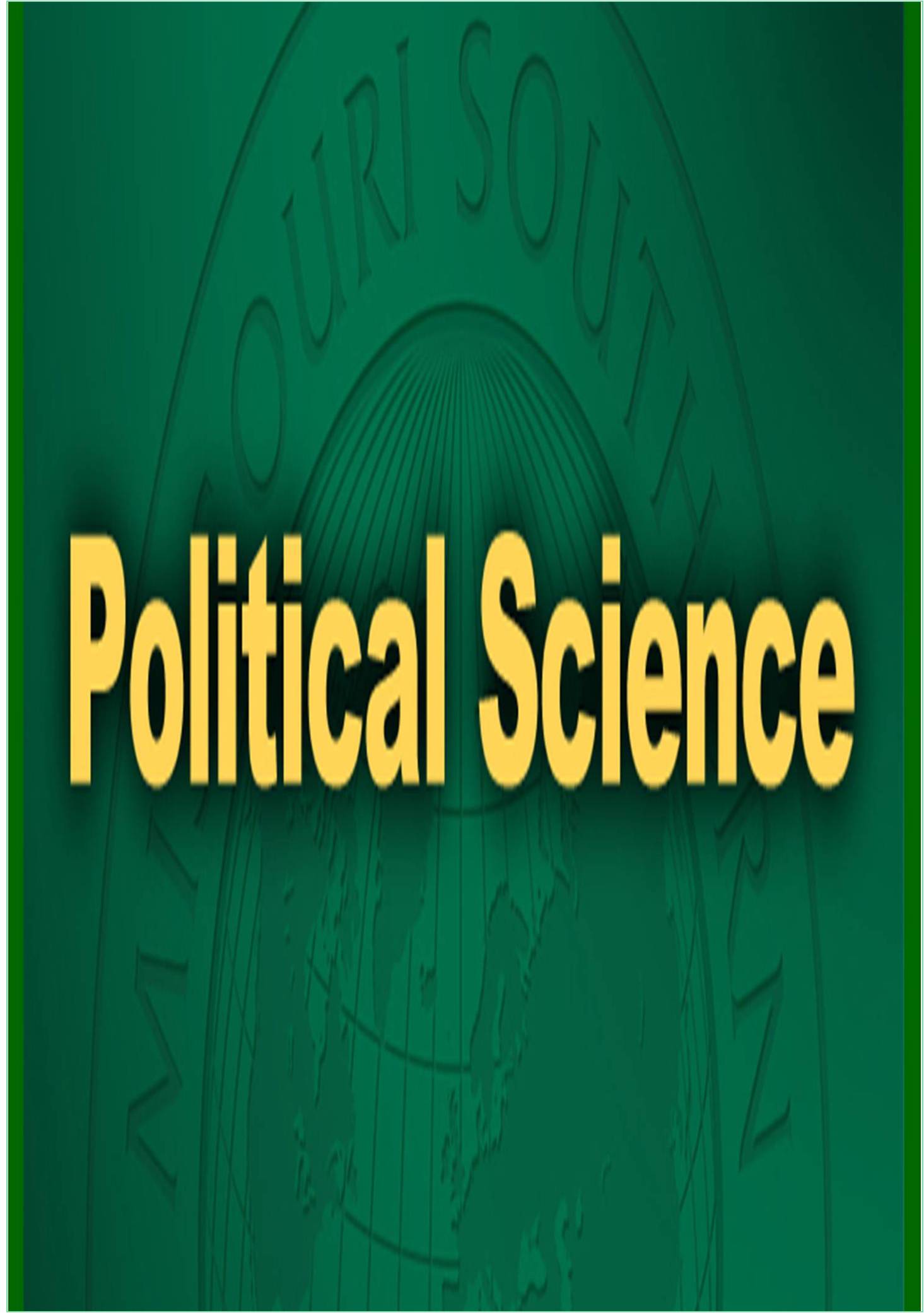



Published: 29-Apr-2021
“This is not the one to use for politics. It's like playing with fire… Please work across party lines, across ideology, across beliefs, across any differences for that matter. We need to behave. That's how we can defeat this virus.”
(Tedros Ghebreyesus, Director-General, World Health Organization, 2020, p. 6)
As countries around the world are designing policies and legislation to fight and contain a global pandemic, over half a million deaths have been recorded due to the novel coronavirus (SARS-CoV-2) with almost a quarter of those deaths occurring in the United States alone (CSSE, 2020). In the absence of a scalable vaccine or effective antiviral treatment, scholars have increasingly noted the important role of the social sciences in evaluating public opinion and the impact of non-pharmaceutical interventions (Van Bavel et al., 2020) such as mask wearing, social distancing, hand washing, and self-isolation. Crucially, the effectiveness of these interventions not only depends on an emerging scientific understanding of viral transmission dynamics (Zhang, Li, Zhang, Wang, & Molina, 2020) but also on the degree to which people voluntarily adopt and coordinate their behavior in the population at both local and global scales. As the Director-General of the WHO warns, increasing political polarization presents a direct threat to the effective management of the pandemic.
Although much rapid COVID-19 research is emerging, a large literature exists on the important role of political affiliation and political ideology in the public's understanding of science—especially in the United States—which can directly inform our expectations about the degree to which liberals and conservatives or Democrats and Republicans are likely to comply with—and express support for—key COVID-19 public health policies (Rutjens, van der Linden, & van der Lee, 2021).
Politicization of science
For example, although it is well-known that party identification can shape basic political perception (Bartels, 2002; Cohen, 2003), there have been increasing concerns
about the general politicization of science (Druckman, 2017), including well-known partisan divisions over issues such as vaccination, GMO's, and climate change (Drummond & Fischhoff, 2017; Rutjens, Heine, Sutton, & van Harreveld, 2018; van der Linden, Panagopoulos, Azevedo, & Jost, 2020). As Bolsen and Druckman (2015) aptly summarize (p.1) “Few trends in science have generated as much discussion as its politicization”. Similarly, Pittinsky (2015) refers to “America's crisis of faith in science”. At the same time, political polarization among both elites and the mass public has been on the rise in the United States (Fiorina, 2017; Hetherington, 2001; McCarty, Poole, & Rosenthal, 2016; Pew, 2014)—including affective polarization—or the increasing tendency to dislike and distrust members from the other party (Druckman, Klar, Krupnikov, Levendusky, & Ryan, 2020; Iyengar, Lelkes, Levendusky, Malhotra, & Westwood, 2019).
Importantly, a lively debate has formed around whether or not the observed polarization on scientific issues has been asymmetrical. The “asymmetry” hypothesis (Jost, 2017) suggests that as compared to liberals, there are defining motivating psychological features of the conservative ideology that make conservatives more likely to prefer a sense of order and structure, be less tolerant of uncertainty, more motivated to justify unequal economic systems, and be more likely to deny science and endorse fake news and conspiracy theories (Jost et al., 2003; Jost, van der Linden, Panagopoulos, & Hardin, 2018; Mooney, 2012; van der Linden et al., 2020). To this extent, evidence has indeed suggested that between 1974 and 2010, trust in science has only declined among conservatives (Gauchat, 2012). In fact, in 2010, a Nature editorial noted that, “[t]he anti-science strain pervading the right-wing in the United States is the last thing the country needs in a time of economic challenge” (Nature, 2010, p.1).
Yet, more recent research has questioned the asymmetry hypothesis suggesting that “bias is bipartisan” finding that both liberals and conservatives engage in motivated reasoning when the science is uncongenial to their political identity or ideology1 (Ditto et al., 2019; Kahan, 2012; Kraft, Lodge, & Taber, 2015; Nisbet, Cooper, & Garrett, 2015; Washburn & Skitka, 2018). As a result, other research has offered contextual explanations such as that the degree and direction of political polarization over science may depend on the issue (Rutjens et al., 2018). One prominent example of this is the Anti-Reflexivity Hypothesis which suggests that, compared to liberals, “conservatives will show significantly less trust in, and support for, science that identifies the environmental and public health impacts of economic production” (McCright, Dentzman, Charters, & Dietz, 2013, p.1). We note that this view is not inconsistent with the theory of system justification (Jost, 2020), as policies that highlight the environmental and public health impacts of economic production typically call for social change and challenge the status quo. Accordingly, some research suggests that the aversion is therefore not inherent to science, but rather to what the science implies for public policy (Campbell & Kay, 2014).